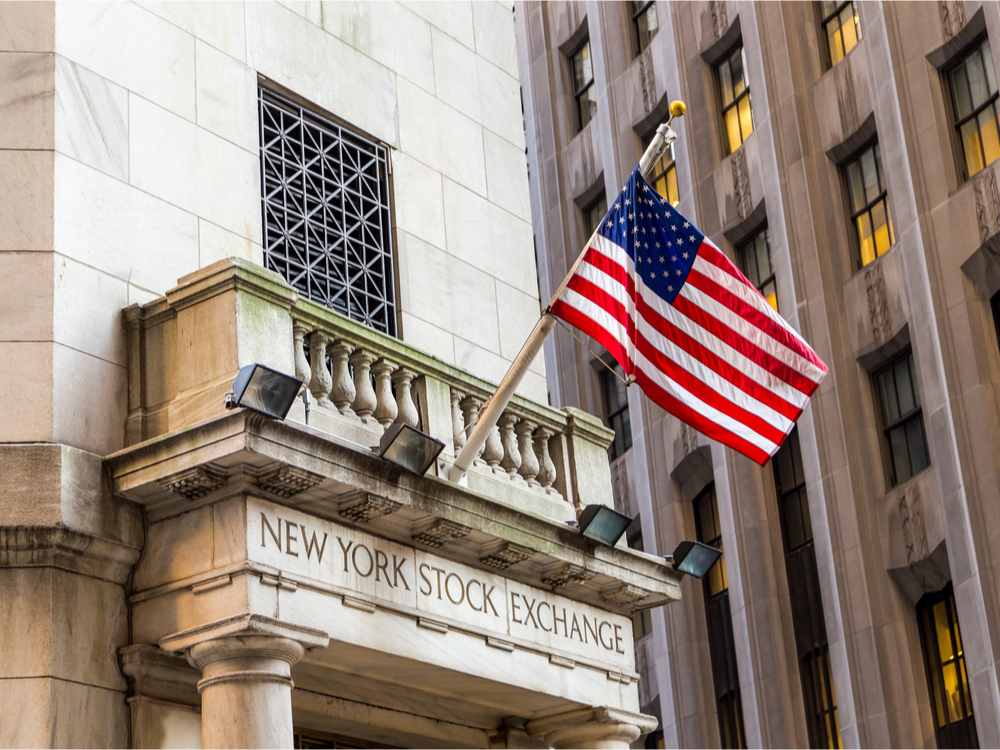Global stock markets experienced a decline for the second consecutive day on Monday, moving away from recent record highs.
This shift comes as investors await U.S. inflation data, set to be released on Tuesday, which could significantly impact the Federal Reserve’s interest rate decisions.
Despite achieving multiple record highs earlier this year, the momentum was disrupted following a mixed U.S. employment report last Friday.
This report has not drastically altered expectations for the Federal Reserve to start reducing interest rates by June.
The upcoming consumer price index (CPI) report is anticipated to show a 0.4% monthly increase and a 3.1% annual rise.
Market indices showed mixed results; the Dow Jones Industrial Average edged higher by 46.97 points to 38,769.66, while the S&P 500 and Nasdaq Composite fell slightly.
Brian Nick, a senior investment strategist, expressed concern over potential immediate impacts from an unexpected rise in CPI, as well as underlying weaknesses in current economic activities.
Ahead of the inflation data, U.S. Treasury yields saw a slight increase, indicating a cautious stance among investors regarding interest rate expectations.
The Federal Reserve is expected to maintain its current rate in its next policy statement, with the market almost entirely discounting the possibility of a rate cut.
Recent comments from Federal Reserve Chair Jerome Powell and European Central Bank officials have fueled speculation of impending rate reductions this summer, with expectations for a June cut exceeding 70%.
The MSCI global stock index and European indices such as the STOXX 600 and FTSEurofirst 300 also experienced declines, particularly affected by losses in the technology sector.
Currency markets showed the dollar strengthening, while the euro and sterling saw decreases.
The Japanese yen gained against the dollar, buoyed by reports of the Bank of Japan considering an end to negative interest rates and revised economic growth figures indicating Japan is not in recession.
In commodities, crude oil prices were mixed, reflecting a balance between geopolitical concerns, Chinese demand expectations, and U.S. supply dynamics.
Cryptocurrency, particularly bitcoin, saw a notable increase, reaching a new record high.
This complex financial landscape highlights the interplay between inflation expectations, central bank policies, and global economic indicators.
